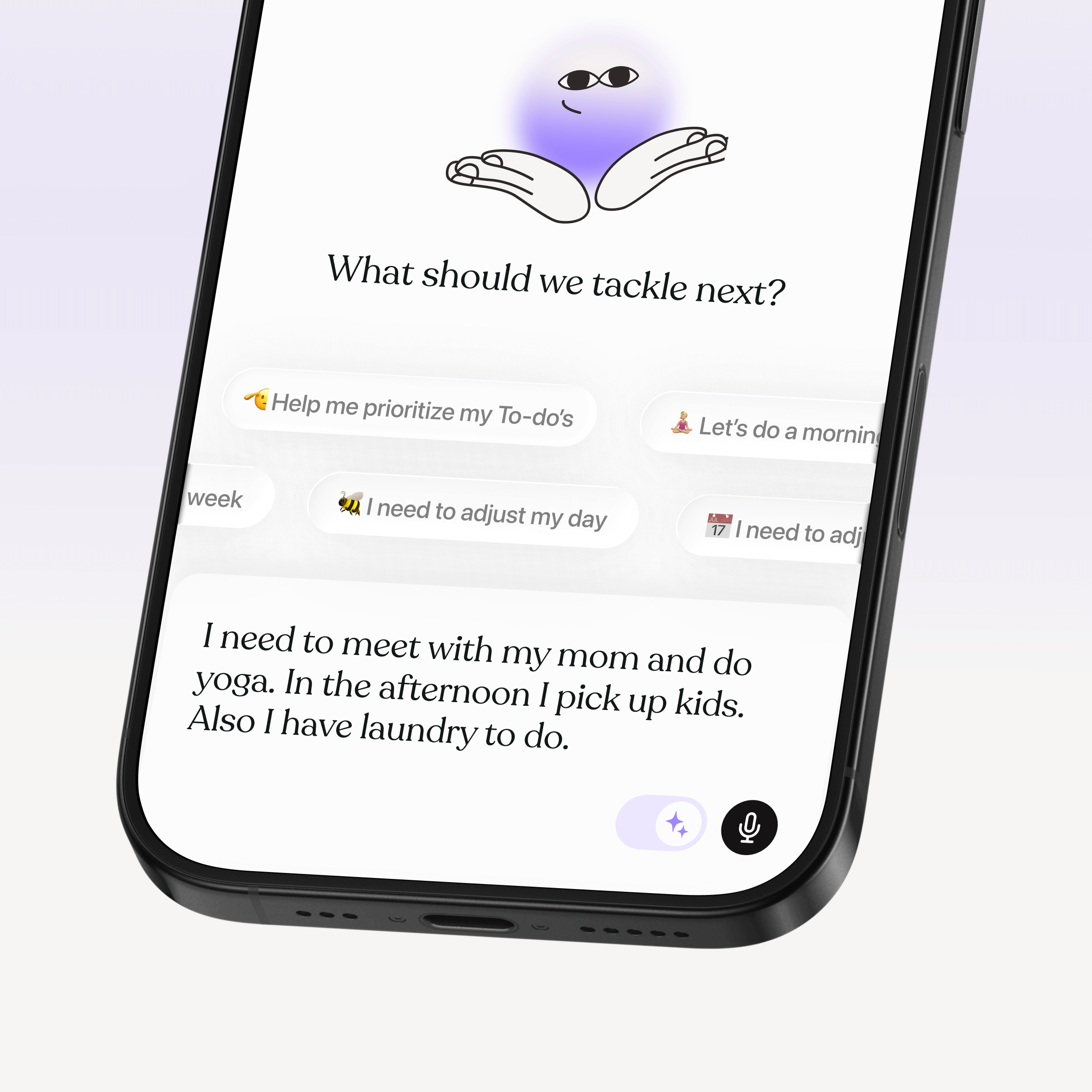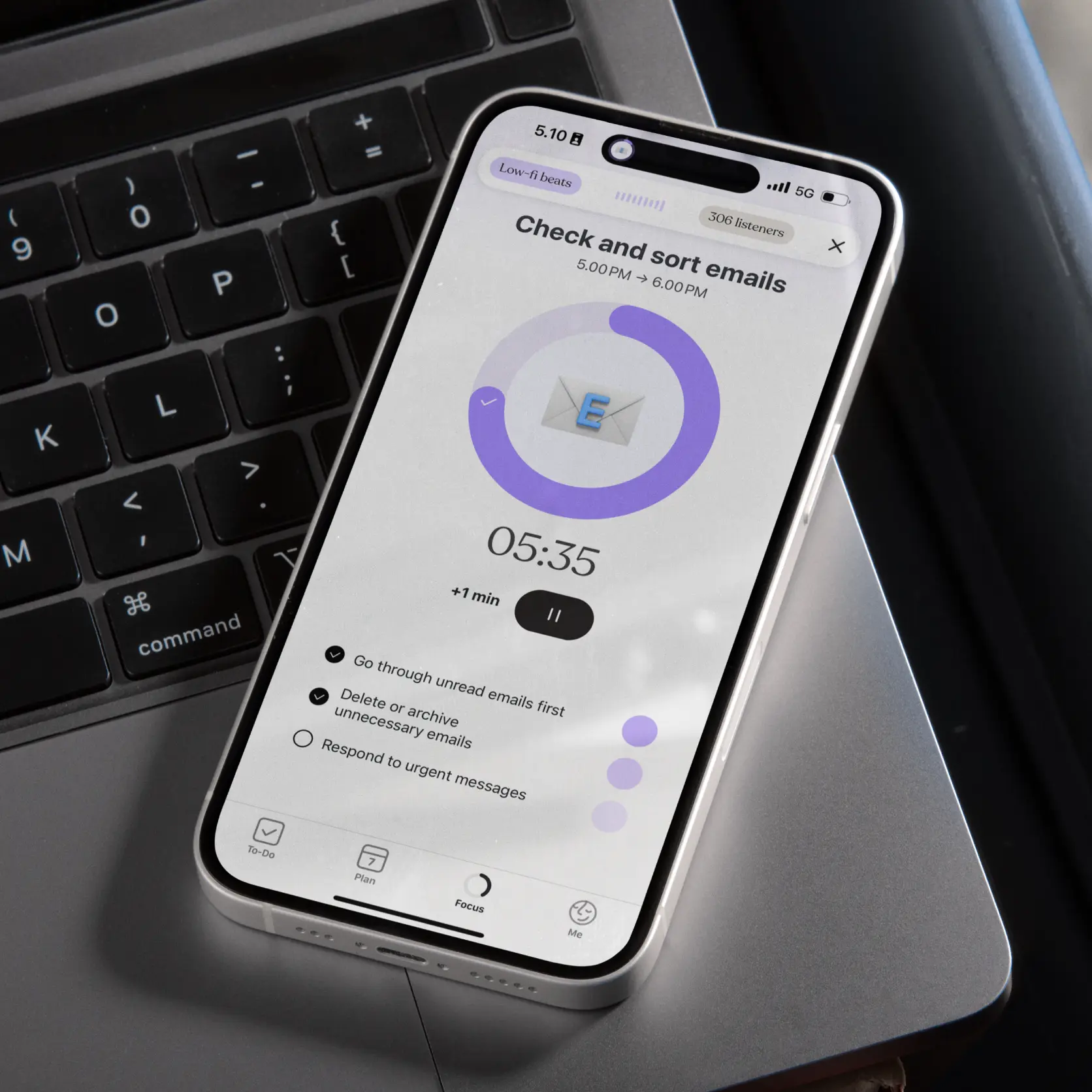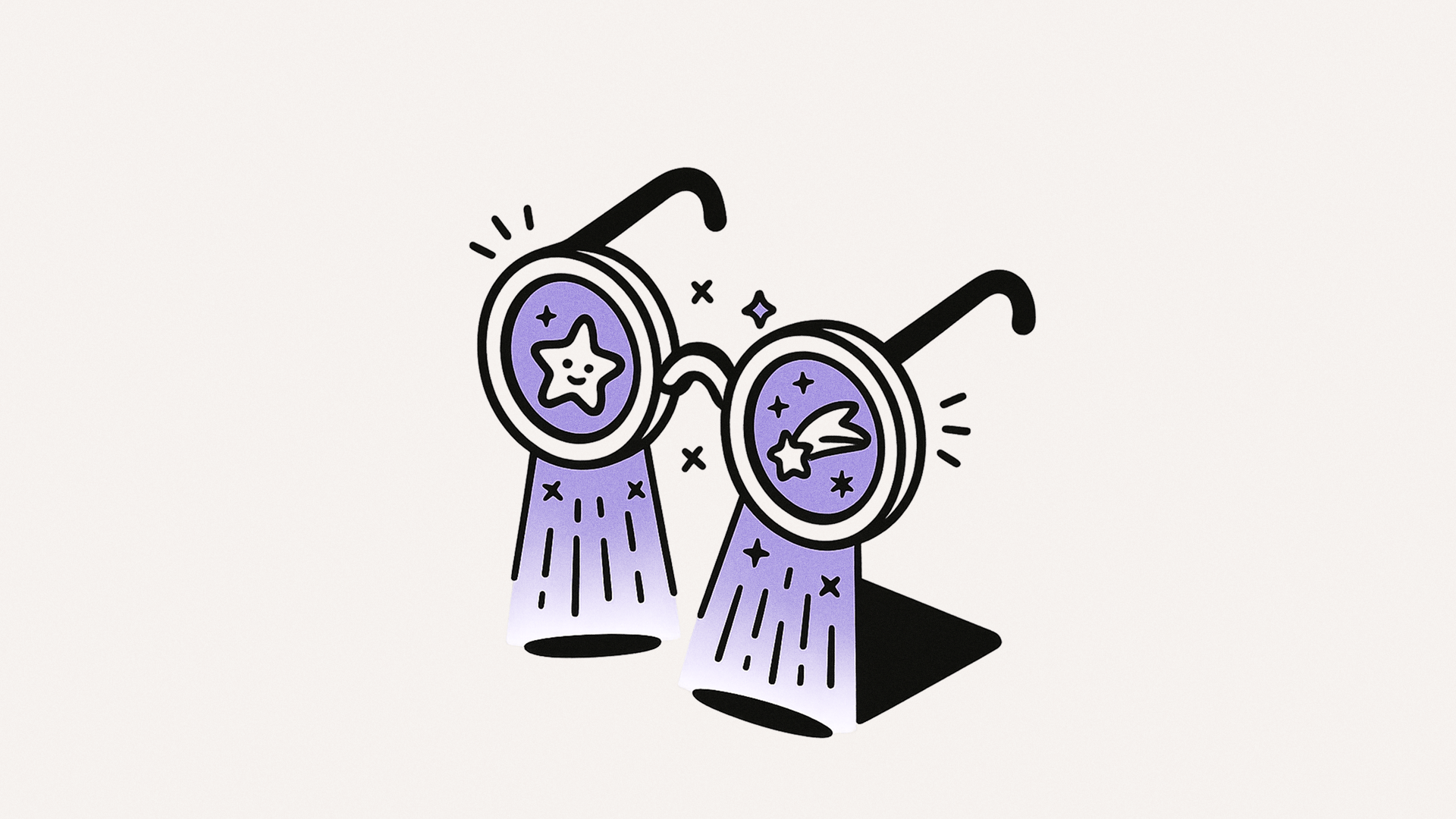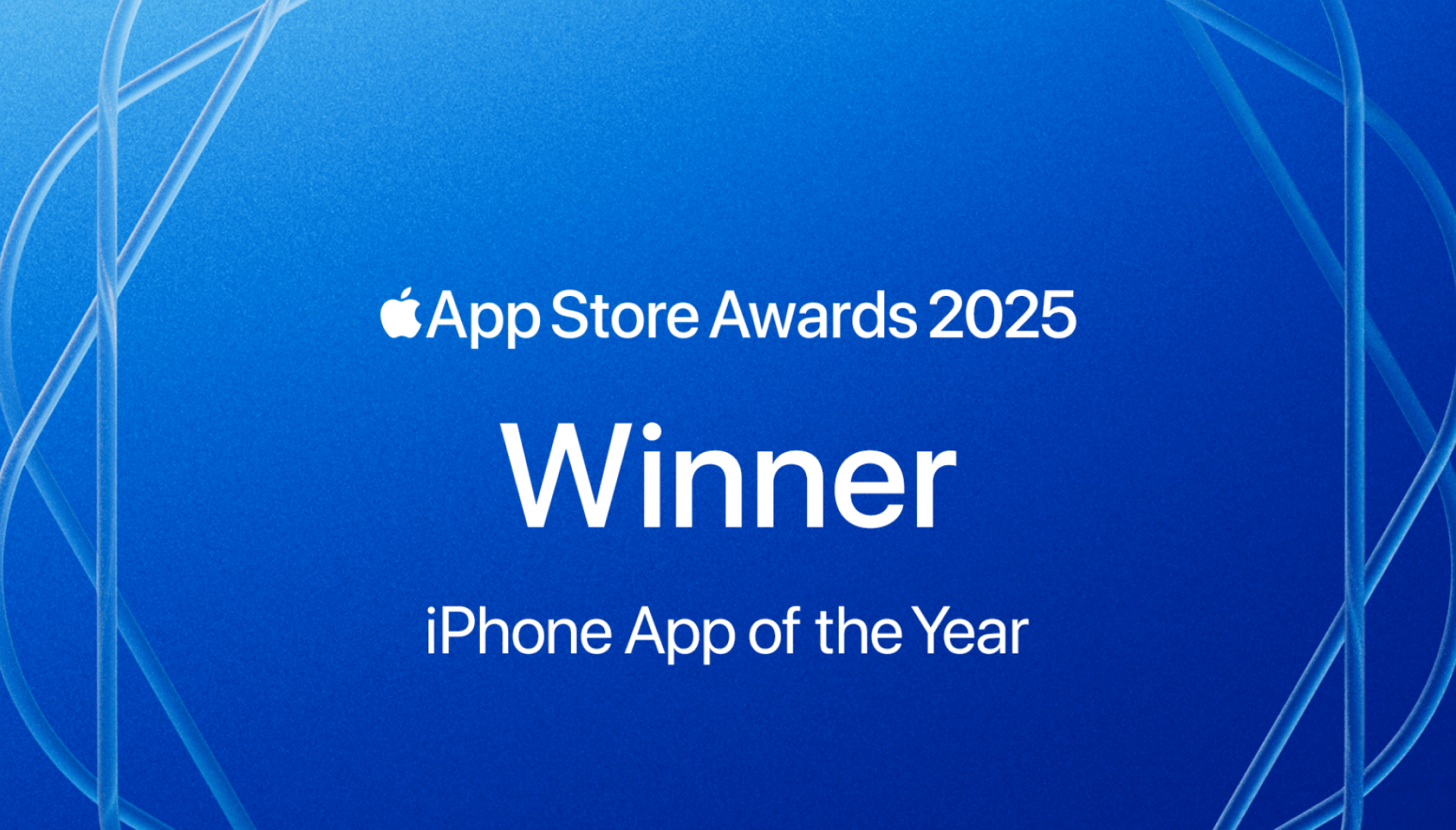Showing up as yourself (not your social mask)
Easing into the social space
Arrive with a simple routine that helps you settle in rather than feeling pressured to be immediately social. This might involve checking your phone for a moment, taking a few deep breaths, or setting a timer to remind yourself to take a break after thirty minutes.
You don't need to be completely energetic and social from the moment you walk in. Give yourself time to adjust to the environment and get your bearings. Remember that it's perfectly fine to arrive later than the official start time or leave before the event ends, so you can participate when you have the most energy.
Finding roles that feel natural
If traditional mingling feels awkward or exhausting, consider taking on a helpful role that provides structure and purpose to your social interactions. You might become the designated photographer, snack restocker, or conversation facilitator, using these responsibilities as natural conversation starters while contributing meaningfully to the celebration.
Alternatively, lean into roles that match your current energy level, whether that's the thoughtful observer, the person dancing freely in their own space, or someone who creates a calm presence while engaging quietly with their drink and a discreet stim toy. If verbal communication feels challenging, bring conversation props like interesting accessories, trivia cards, or photos that invite others to approach you rather than requiring you to initiate interactions.
Maintaining sensory awareness throughout
Stay attuned to your sensory needs by regularly checking in with your body and making adjustments before reaching overwhelm. Identify exits early, take breaks without explanation when needed, and protect your sensory inputs through tools like earplugs, snacks, or fidget objects that provide tactile comfort.
Remember that you can leave and re-enter social spaces as needed, rest without apologizing for taking care of yourself, and modify your participation throughout the event based on your current capacity rather than maintaining consistent energy levels that may not be sustainable.
The art of post-party recovery
Expecting and honoring the social hangover
Even celebrations that feel fun and successful can leave you feeling depleted the following day because your nervous system worked hard to navigate social complexity, sensory input, and potential masking behaviors. This social hangover is a normal response to intensive social engagement, not a sign that you celebrated incorrectly or that something went wrong.
You might experience increased sleep needs, mental replaying of conversations or social interactions, feelings of self-doubt about your behavior, or general irritability and emotional sensitivity as your system recalibrates from the heightened social demands.
Creating intentional recovery space
Before attending any celebration, block off buffer time afterward and plan specific recovery activities that help you process and integrate the experience. This might include preparing a comforting meal, queuing up favorite shows or music, engaging in gentle movement or self-massage, or journaling about positive moments from the celebration to reinforce the good aspects of your social risk-taking.
If you tend toward self-criticism after social events, consider writing yourself an encouraging note before the celebration that you can read afterward, reminding yourself why you chose to participate and acknowledging the courage it takes to show up authentically in social spaces that aren't always designed for neurodivergent comfort.
How to throw genuinely inclusive parties
When someone says yes to your invitation
Share clear, detailed information in advance including timing, location, planned activities, dress expectations, and any sensory considerations like music volume or lighting. Offer flexible participation options by saying things like "join for any part that feels good to you" or "feel free to come late or leave early" rather than expecting full attendance from start to finish.
Create inclusive space by providing quiet areas for regulation breaks, ensuring seating options are available, and making accommodations feel normal rather than singling out individuals who need different support to participate comfortably. Consider activity-focused celebrations like board game nights, craft sessions, or cooking together that provide natural structure and reduce the pressure for constant socialization.
When someone declines your invitation
Believe their assessment of their capacity without taking their decision personally or trying to convince them otherwise. Instead of interpreting their decline as rejection of you or the celebration, understand it as self-advocacy that allows them to maintain energy for future connection opportunities.
Offer alternative ways to acknowledge the celebration that might feel more accessible, such as a brief phone call, a shared walk, a low-key meal, or simply sending well-wishes through text. These smaller gestures often mean more to neurodivergent people than pressure to attend events that don't align with their current needs or capacity.
Creating joy that feels like you
Meaningful celebration centers on honoring what matters to you rather than performing joy according to external expectations or social scripts that may not resonate with your authentic self. Whether your ideal celebration involves a crowded dance floor, a solo nature walk, a favorite meal prepared exactly how you like it, or simply a peaceful nap in clean sheets, what matters most is that the experience feels genuinely yours.
You don't need to justify your celebration preferences, explain your sensory needs, or bend toward norms that drain your energy and authenticity. Joy comes in countless forms, and you're allowed to create and claim celebrations that reflect your unique way of moving through the world while honoring the people, achievements, or transitions that deserve recognition in your life.
What matters is finding approaches to marking meaningful moments that actually nourish your spirit and strengthen your connections with others who appreciate and support your authentic self. Celebration can be as quiet or as loud, as planned or as spontaneous, as social or as solitary as feels right for you in any given moment.










